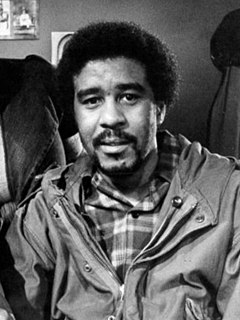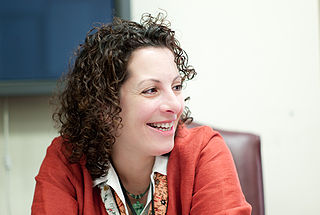A Quote by Jerry Seinfeld
There are more social skills required to talk one-on-one [than to an audience]. You don't have to be socially fluid to talk to two thousand people.
Related Quotes
Introverts, in contrast, may have strong social skills and enjoy parties and business meetings, but after a while wish they were home in their pajamas. They prefer to devote their social energies to close friends, colleagues, and family. They listen more than they talk, think before they speak, and often feel as if they express themselves better in writing than in conversation. They tend to dislike conflict. Many have a horror of small talk, but enjoy deep discussions.
While most of today's jobs do not require great intelligence, they do require greater frustration tolerance, personal discipline,organization, management, and interpersonal skills than were required two decades and more ago. These are precisely the skills that many of the young people who are staying in school today, as opposed to two decades ago, lack.
An agent won't help you get drafted higher, won't make you win more games, and won't make you faster or stronger. They all say they can, but the people who do the drafting don't talk to agents. They talk to coaches, they watch film, they talk to the people who've worked with players. They don't talk to agents.
On the contrary, it's because somebody knows something about it that we can't talk about physics . It's the things that nobody knows anything about that we can discuss. We can talk about the weather; we can talk about social problems; we can talk about psychology; we can talk about international finance gold transfers we can't talk about, because those are understood so it's the subject that nobody knows anything about that we can all talk about!
You can talk about things indirectly, but if you want to talk how people really talk, you have to talk R-rated. I mean I've got three incredibly intelligent daughters, but when you get mad, you get mad and you talk like people talk. When a normal 17-year-old girl storms out of the house or 15-year-old boy is mad at his mom or dad, they're not talking the way people talk on TV. Unless it's cable.
Some directors hand over portions of their movie to their head of department to the point where it's like, "I'm not going to talk to you about the costumes, but I'm going to let you talk to the expert." Rather than, "You want to talk stitching, let's talk stitching. You want to talk grade of leather? Let's."

































